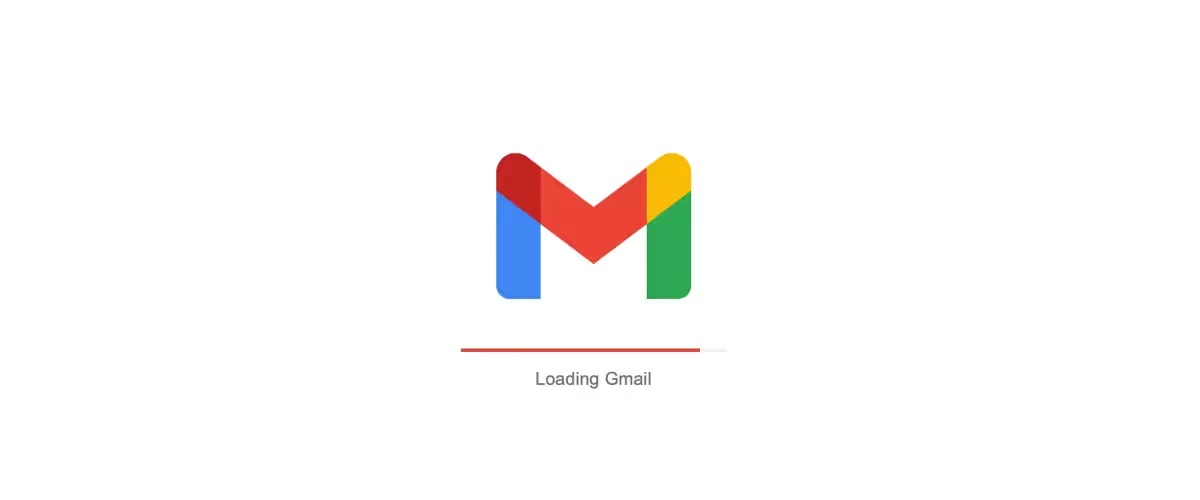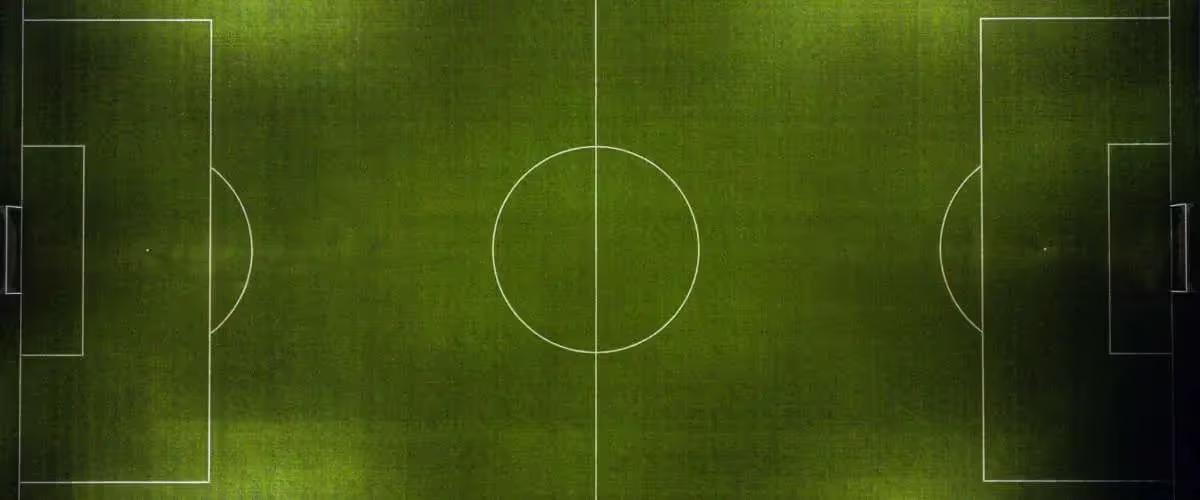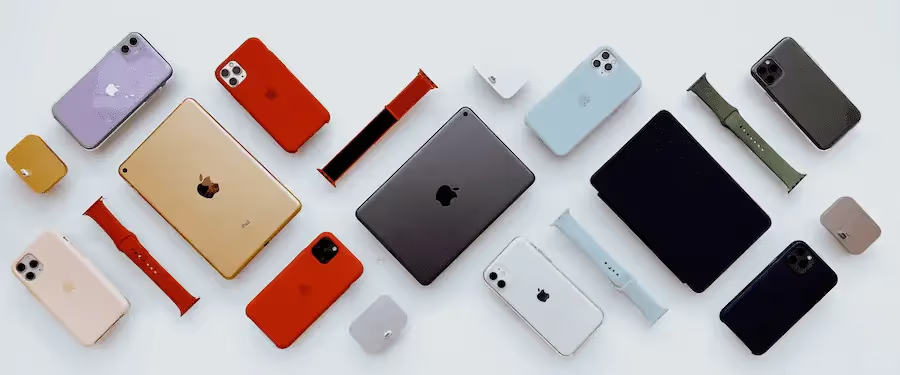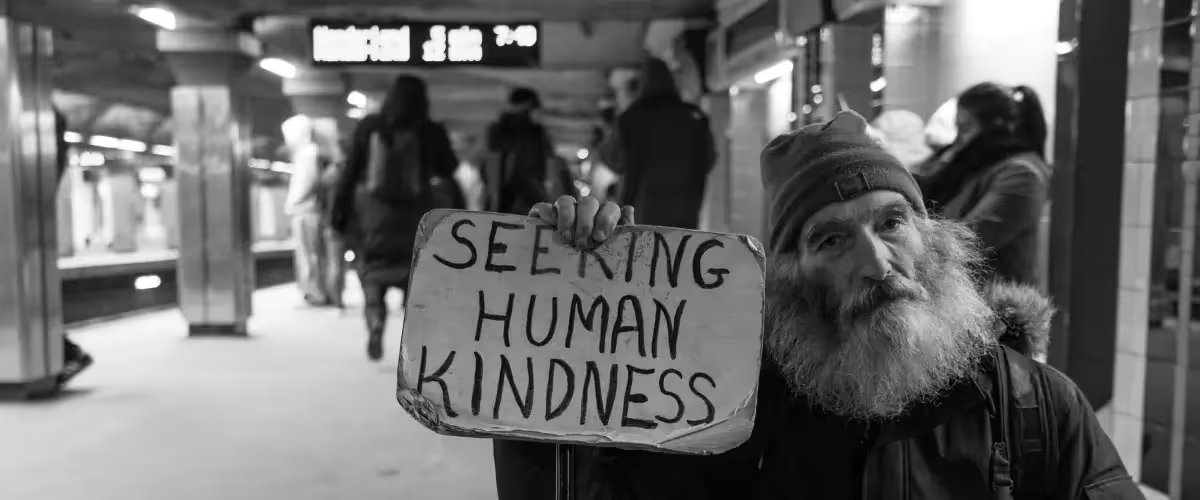Slang: The Death of Grammatical Correctness or the Future of the English Language?
Written by
Hannah
,
Copy Manager
December 20, 2021

Shakespeare is probably rolling in his grave at how drastically the English language has and continues to change. With the involvement of social media, the lines have blurred between what’s now considered slang and proper English.
The two generations, both alike in dignity: Millennials and Generation Z are partly responsible. In just a blink of an eye, as a society, we shifted from the early noughties trend of “OMG wuu2? G2g…brb ok?” (thank you, character count limit and pay-as-you-go). To circa 2008, when “adulting” became the norm, and everyone started calling everything “awkward” for no particular reason.
This brings us to the present day. The emergence of Twitter and TikTok has led to “memes”, replying to anything remotely funny with… “dead” and emoji trends 👁👄👁.
Grammar and slang have always been complex to keep up with. Without getting too confused Welsh girl on TikTok, we decided to briefly look at the term “proper English” and the all-important question of “is___a word?!”.
To Add… or Not to Add
It’s an age-old question: when should a word be added to the dictionary? According to the Merriam-Webster Dictionary, it all depends on usage. It could qualify for a spot if a word is cited enough in text, marketing, and everyday language.
However, in a study, it was found that a word should be used for over five years before it makes the jump from slang to proper English. On average, 55% of people think acronyms deserve to be in there, such as NASA or DVLA, 41% believe that slang words should be added. And only a mere 35% of people thought that words made up by authors or songwriters, such as WAP, GOAT and YOLO, deserved a spot. Better luck next time, Drake.
It’s impossible to know if we’re *actually* creating more words or if social media just helps to spread awareness of them on a larger scale. If 50 years ago a teenager created a new slang word, only a few of their friends would probably hear of it. In the present day, new words or phrases can go global in seconds because of social media.
For example, this image was taken from a study that examined over 30 million Tweets sent across the US from 2009-2011, which exemplifies how quickly popular slang words spread across the country.
A New Day, a New Trend
Many things have their heyday in life, but that doesn’t necessarily mean they’ll stick around. Think back to noughties fashion; jeans under skirts, belts that serve absolutely NO purpose and brace yourself, low-rise jeans (shivers everywhere). Each of these had their day in the sun but eventually (and thankfully) disappeared from the radar.
And that’s true of language. New slang appears on the internet daily, but that doesn’t always mean it has longevity. Finding out if a word will stick or not is quite simply a test of time. And, in a cruel twist of fate, according to linguist Stephen Pinker, “…By the time the academy finishes their dictionary, it will already be well out of date”.
Facebook users are 75% more likely to encounter the most slang and have a daily influx of new words of all the social platforms.
However, the success of these slang words is also determined by other factors, such as pop culture. In the case of “Twerking”, this became a global sensation overnight but more so because it became popularised by Miley Cyrus’ music video. This suggests that trends play a huge factor in whether a word will become popularised.
The Generation Gap
With the emergence of social media, the English language has largely been impacted. New forms of dialogue are created to reflect current trends. Facebook, more than any other platform, has offered common words and new meanings. Coining terms such as “like”, “unfriend”, “wall”, and “profile” in a digital context.
With Generation Z and Millennials growing up during the technological shift, the language change has been a natural process. Whereas unsurprisingly, Boomers and other generations have found it more challenging to keep up due to their lower usage of social media average. For example, only 26% of the boomer generation use Twitter, contrasting Gen Z, who take up 44% of Twitter’s daily users.
Regarding different generations and how they view language, “poor language” is most often found on popular social media platforms. On average, 63% of Generation Z were quite hopeful about the future of the English language, while only 37% of baby boomers were. A study also found that 45% of adults worry about the “language gap” between themselves and their children, supporting the theory that there is an increasing generation gap with the English language.
How Far is Too Far?
Words coined explicitly for social media purposes, such as “selfie” and “emoji”, are most likely here to stay. They’ve been around for over five years and have become ingrained in society. However, certain words probably won’t make the cut. Cardi B and Megan Thee Stallion… we’re looking at you, gals!
No matter how complex, every language has its own set of rules and standards, and emojis are no different. We’ve now unknowingly created grammatical correctness and the all-important dos and don’ts of emoji use. But just because there is a new influx of words and slang doesn’t mean we as a society have deterred too far from “proper English” and grammatical correctness.
It’s estimated that a new word is created every 98 minutes (14.7 new words a day!), proving that language is constantly evolving. When we think back to ol’ Will Shakespeare, he was responsible for creating over 1,700 words still used today. Just because a word is new doesn’t mean it drifts from being grammatically correct; it’s just a sign of the times, and language is intended to evolve.
So, whether you’re a big fan of internet slang and think it’s the best thing since sliced bread or is destroying the English language, there’s no denying the impact it has on our culture, and vice versa. How we create new words and use them, adapting our language to new technology and concepts. No matter where you fall in the debate of “The Death of Grammatical Correctness or the Future of the English Language?”, we can all collectively agree that WAP is not a word.
Got questions about our Paid Social, PPC, Copywriting or Design services? Contact us via our Get in Touch page today!
Get In Touch
Swipe to Read
.avif)


.avif)
.avif)
.png)
.png)
















.svg)